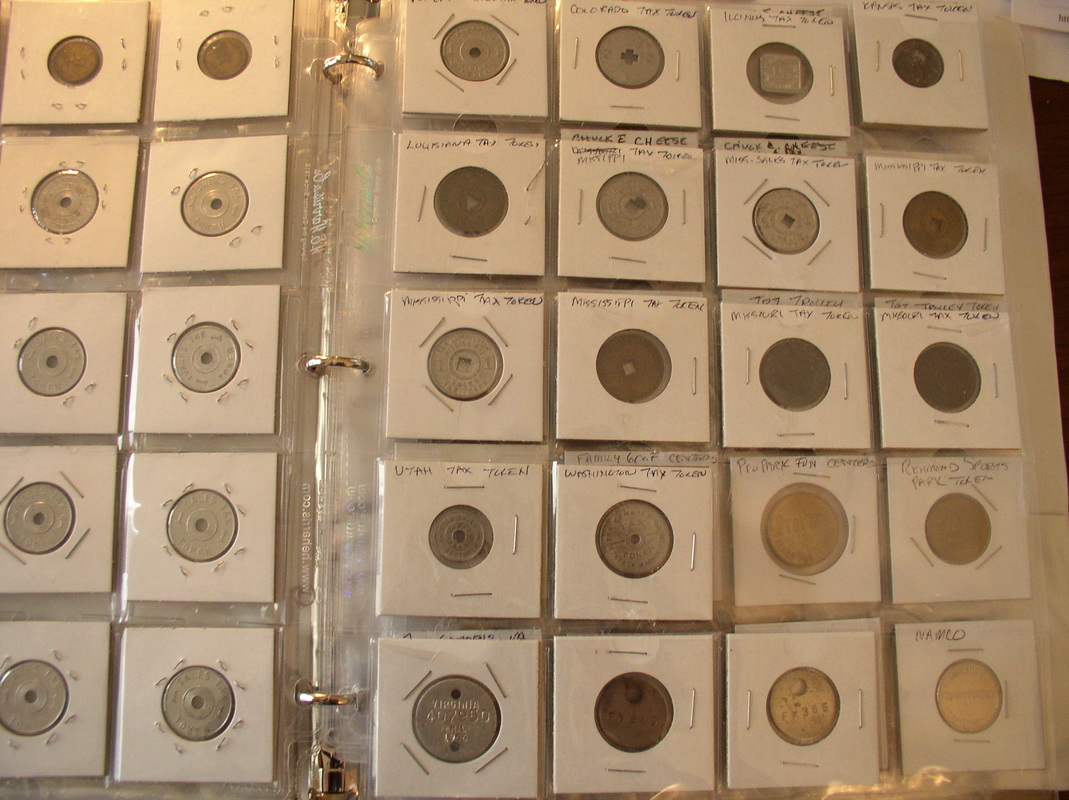The Oklahoma sales tax token is a small metallic disk with a hole in the center. These coins were issued in several states and are now 90 years old. The state issued two basic designs of these coins. The price ranges from $1.00 to $3.00. In order to be valid, tokens must be redeemed for money. Currently, only cash is accepted. You can also exchange the Oklahoma sales tax token for money in another state.
The Oklahoma sales tax token is made of metal and is usually worth one cent. Historically, states, and local governments issued these tax tokens. Some organizations have produced their own, and they were also distributed at stores. In Kansas, these sales tax tokens were issued in lots of 500. The demand was high at first but gradually decreased. The one-cent Oklahoma sales tax was issued in response to political pressure and the lack of support for the two-mill coins.
Today, Oklahoma has a number of organizations that issued sales tax tokens in the state. Some of these include the John Jones Grocery in Tulsa, the Oakes Printing Company in Independence, and Cessna Aircraft Company in Wichita. Although these locally produced issues are not common, they do exist. If you have a collection of these Oklahoma sales tax tokens, you can sell them to other sellers.
Some states issued tokens for taxing merchandise. Many states use a bracket system and do not collect sales tax on small purchases. This is why sales tax tokens were first issued. In the 1930s, the State Tax Commission in Kansas began issuing sales taxes tokens to encourage people to pay their fair share of taxes. The first tokens were two mills, which represented the sale of ten cents. They became known as “Huxies” by consumers in the state.
Oklahoma Sales-Tax Tokens: A Popular Item in the State
If you’re a collector of Oklahoma memorabilia, then the Oklahoma sales-tax token is a must-have for your collection! These tokens were used by many states during the Great Depression as a way to avoid paying the full penny tax on small purchases. As a result, they are still in use today. The Oklahoma sales-tax token was a popular item in the state, and many people paid the tax in exchange for it. Tokens were issued in denominations of one mill, two mills, and three mills. So, if you’re looking for a unique piece of Oklahoma history, be sure to add an Oklahoma sales-tax token to your collection!
Sales tax tokens were used in a number of states during the Great Depression as a way to save on small purchases. The tokens were generally made of aluminum and came in denominations of one, two, or three mills (one thousandth of a dollar). They were accepted by merchants as payment for the state sales tax and could be redeemed by the consumer at a later time.
The Oklahoma sales tax token has many uses. It is a fractional cent device that was used in several states during the Great Depression. In the 1930s, people used the sales tax token to pay taxes on even one cent purchases. Generally, these tokens were made of metal, plastic, or cardboard. The state’s revenue from the sales tax was used to fund the government. A special session of the legislature was called in 1938, but the bill was not passed.
The Oklahoma sales tax token was originally issued as a way to collect money for the state. The Oklahoma sales tax token was the first state to use a sales tax token in 1936, and it was issued in multiples of one mill in 1937. The Oklahoma token was used to collect sales tax on many small purchases. The Kansas sales-tax tokens were created by the cities and the twelve states. They were generally issued in denominations of one mill and tenth cent.
The state of Kansas issued one-mill tokens in 1932. By 1933, the state issued thirty-two million one-mill tokens and twenty-two thousand two-mill tokens. The Oklahoma sales tax was the first state to use a sales tax token. Its purpose was to collect money from consumers. Tokens were sold to raise money. The revenue from them was used to fund education in schools.
Before, the Oklahoma sales tax token was only used for small purchases. Initially, only one mill was issued. By 1938, a special session of the legislature was called to abolish the sales tax token. Governor Huxman wanted to abolish the sales tax tokens, but the bill failed to pass. This was a sign of state-sponsible policy, but the legislature was not convinced it would be able to pass such a law.

For over 20 years, numismatics has been an integral part of my life. I’m an expert in the field, including research, grading, and analysis of data. I have written thousands upon articles about this subject. I continue to author reports and update price guides. I enjoy writing and sharing the passion and excitement of the hobby with veterans and new generations. I am analytical, precise, and highly disciplined. These traits have always helped me achieve outstanding results in my career.
